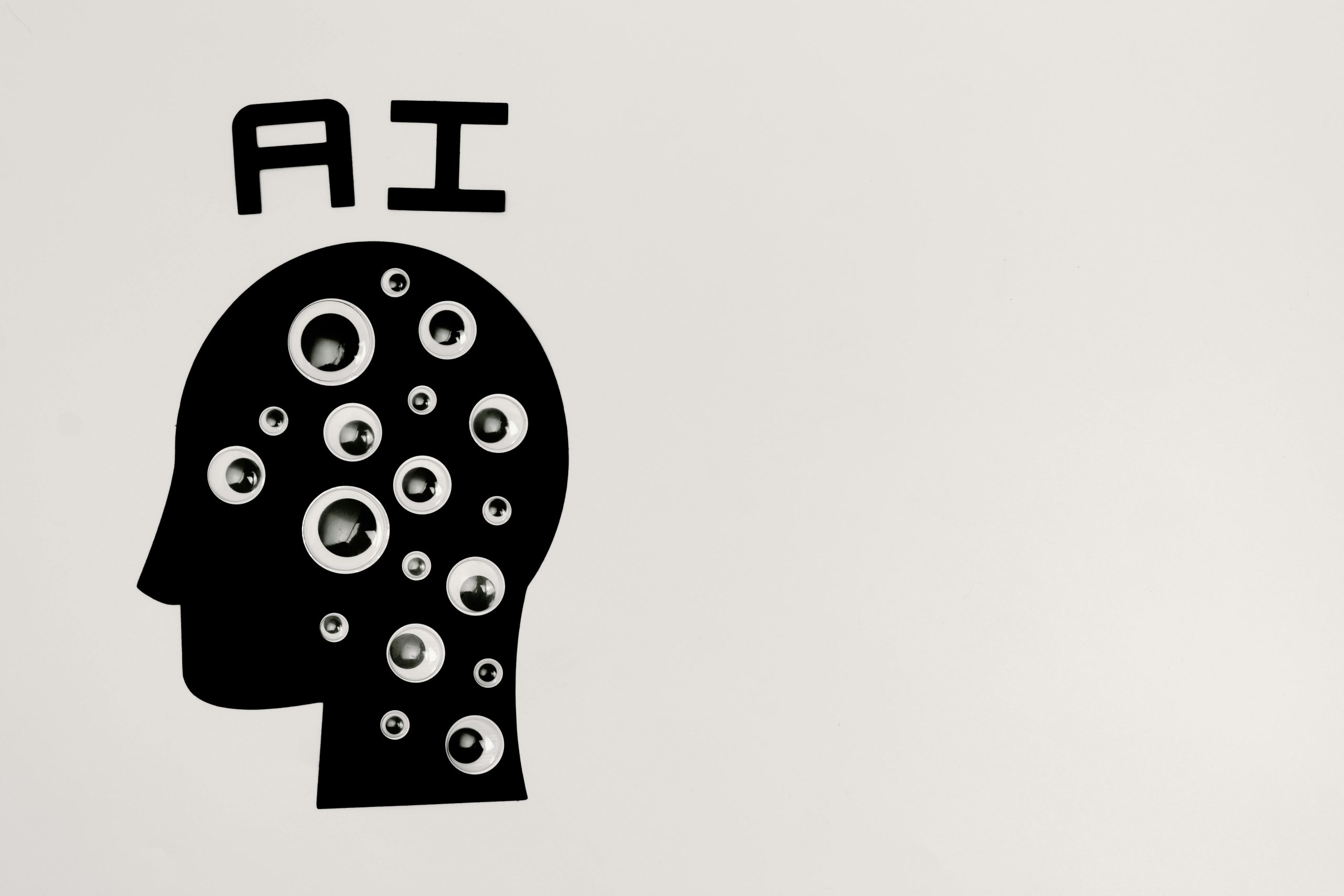The Case Against Regulating Artificial Intelligence
Understanding the Risks of Overregulating Artificial Intelligence: Why Openness Matters
Why Maintaining Open Access to AI is Crucial for an Equitable Society
In recent discussions surrounding artificial intelligence, the impulse to regulate is often presented as essential for protecting society—preventing misuse, safeguarding truth, and mitigating existential threats. However, beneath these well-intentioned arguments lies a complex reality: overly restrictive or poorly designed AI regulations risk reinforcing current power structures rather than serving the public interest. Instead of promoting fairness and justice, such regulations may deepen inequality, limit innovation, and enable control by a select few.
History offers countless lessons on how laws ostensibly created for safety or order can become tools of exclusion and oppression. Legislation targeting various issues—from narcotics to immigration to digital monitoring—often results in layered legal systems that favor those with resources and influence. In the realm of AI, this pattern is likely to repeat. Major corporations and influential actors will have the means to develop, deploy, and adapt advanced models—thanks to legal teams and technical resources—while smaller developers, independent researchers, educators, and grassroots innovators face significant hurdles. Consequently, regulation could protect the interests of the powerful while hampering curiosity and experimentation at the margins.
Enforcement presents another challenge. Even well-meaning regulations are subject to the biases and uneven application typical of existing political and institutional frameworks. History demonstrates that enforcement is rarely impartial; targeted actions tend to focus on marginalized communities, dissidents, or independent creators rather than the large entities with vested interests in maintaining control. The result could be a landscape where regulatory measures are used as instruments of suppression against those challenging dominant narratives or exploring alternative visions, rather than as safeguards for societal well-being.
Take Elon Musk’s approach to AI as an illustrative example. His influence and resources enable him to develop and distribute models aligned with his worldview, often outside the confines of strict regulation. This underscores a critical concern: if access to cutting-edge AI remains limited to those with exceptional wealth and influence, democratic participation in shaping digital discourse erodes. The future of technology and culture risks becoming monopolized by a handful of powerful figures, with regulatory barriers acting as gates that prevent others from contributing to or benefiting from AI innovations.
Recognizing AI’s potential as a revolutionary extension of human thought, it becomes clear that the right to develop and customize these tools locally is an essential aspect of broader human rights—particularly free expression and intellectual independence. Restricting this right diminishes not just technological freedom but also the














Post Comment